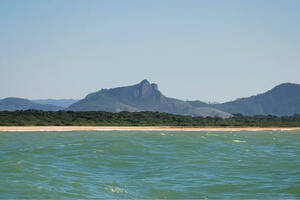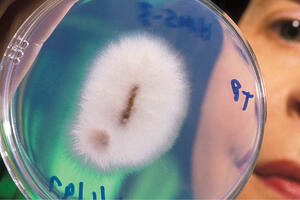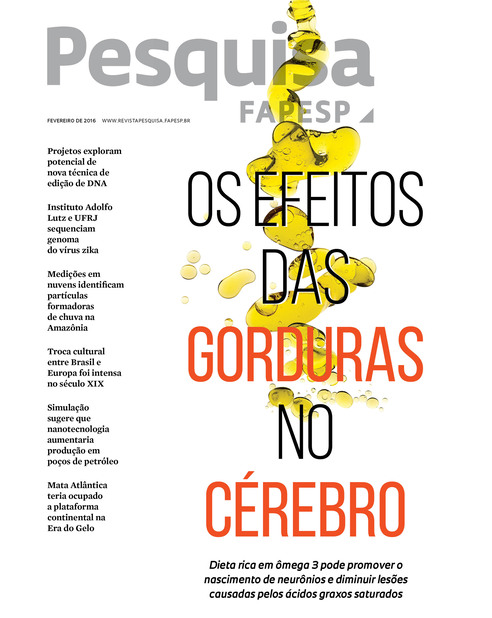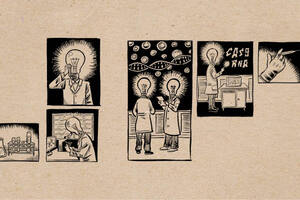Issue # 240 _ February 2016
S&T Policy
Congress

Updated framework
Law introduces new incentives for innovation, but vetoes are criticized
By Bruno de PierroEnergy

Towards the development of natural gas
FAPESP and the BG Group open a research center in São Paulo
By Bruno de PierroScience
Biogeography

When the ocean was forest
The Atlantic Forest may have extended outward onto the continental shelf during the Ice Age
By Maria GuimarãesMETEOROLOGY

The hidden seeds of rain
Researchers find the missing particles that explain how clouds form in the Amazon
By Ricardo ZorzettoTechnology
BIOTECHNOLOGY

Silver microproducer
Fungus is used to produce metallic nanoparticles that can be employed as antibacterial substances
By Evanildo da Silveira










